Thailand’s New Air Passenger Rights Law Is Now In Effect, Providing Additional Protection
Thailand has (for quite a while) worked on firm legislation to provide protection to airline passengers who are affected by irregular operations, and this new passenger rights law “Notification 101” just came into effect. From now on, passengers departing Thailand will have a minimum of […]
Thailand has (for quite a while) worked on firm legislation to provide protection to airline passengers who are affected by irregular operations, and this new passenger rights law “Notification 101” just came into effect.

From now on, passengers departing Thailand will have a minimum of the new Thai legislation to protect them unless they’re flying on an EU carrier, in which case EC261 would supersede the minimal Thai compensation.
In the aviation world, it’s inevitable that sometimes things go wrong, whether due to weather, technical issues, or general operations, which could be impacted by labor action or similar external factors.
The Civil Aviation Authority has now set firm guidelines about what passengers are entitled to:

Despite all the goodwill attached to it, let’s call it what it is – a bad joke. It requires a 5-hour delay for US$45 in compensation or a 10-hour delay to be entitled to US$60 for short-haul flights? Horrible.
Yes, the airline has to offer a full refund now if you insist on it and the flight is over 5 hours late, but other than that, it’s really nothing to write home about.
As The Nation reports, the law came into play effective May 20th:
The Civil Aviation Authority of Thailand (CAAT) has announced new passenger protection regulations under Civil Aviation Board Notification No 101, which are designed to enhance the rights of passengers on both domestic and international scheduled flights.
Under the new regulations, airlines must provide support and compensation for international flight delays or cancellations without prior notice, especially when passengers have already arrived at the airport.
The compensation thresholds are as follows:
For delays over 2 hours
- Airlines must offer complimentary food and beverages or coupons appropriate to the time of day and length of the delay.
- Airlines must provide free communication tools, such as access to phone calls or email.
For delays over 5 hours
In addition to the above, airlines must:
- Compensate passengers with 1,500 baht in cash, or an equivalent in credit shells, travel vouchers, frequent flyer miles, or other forms of equal value, within 14 days of the incident.
- Provide accommodation and transfers if an overnight stay is required.
- Offer passengers the option to cancel their journey and receive a full refund, or alternative forms of compensation such as travel credit or vouchers.
For delays over 10 hours
Airlines are required to provide the same support as for delays exceeding two and five hours, including complimentary meals and beverages, communication facilities, accommodation and transfers (if necessary), as well as the option to cancel the journey and receive a full refund or alternative compensation.
However, cash compensation or compensation in alternative forms, to be paid within 14 days from the date of the incident, will be increased based on flight distance as follows:
- 2,000 baht for flights not exceeding 1,500 kilometres
- 3,500 baht for flights between 1,500 and 3,500 kilometres
- 4,500 baht for flights over 3,500 kilometres
In case of international flight cancellations or denied boarding
Passengers are entitled to the same level of compensation as for delays exceeding 10 hours, unless the airline notifies passengers at least seven days in advance, or gives notice within seven days but offers an alternative flight departing within three hours of the original time, or if the cancellation is due to unforeseeable and unavoidable circumstances despite the airline having taken appropriate measures.
Updated compensation for domestic flights
For domestic flight issues, compensation has also increased:
- Delays over five hours: from 600 baht to 1,200 baht
- Cancellations: from 1,200 baht to 1,500 baht
Airlines may also offer credit shells, travel vouchers, or mileage points instead of cash, provided they are of equal or greater value. These do not apply in force majeure or unavoidable situations.
Tarmac delay protections
For delays where passengers are kept on the aircraft while it’s still on the ground (tarmac delays), airlines must:
- Provide adequate ventilation, temperature control, access to lavatories and urgent medical care if needed.
- Allow passengers to disembark if the delay exceeds three hours without a confirmed take-off time, unless doing so poses a safety or air traffic control risk.
The CAAT emphasises that Notification No 101 marks a significant step in raising passenger protection standards in Thailand’s aviation industry. The authority will work closely with airlines and the public to ensure awareness and compliance for the benefit of all travellers.
I wouldn’t really say this passenger protection is “significant,” but at least it reigns in airlines like THAI and Air Asia, which have so far often refused to compensate anything, even in very egregious cases.
So even a very small amount of compensation is still better than nothing, and they no longer get away with a plain (half-hearted) apology. Dealing with Thai Airways customer care is really a nightmare, and unless they are really forced to compensate, like based on national legislation, it’s like pulling a Tiger’s teeth.
Conclusion
Passengers of airlines departing from Thailand are now protected by new air passenger rights legislation called Notification 101, which mandates compensation for passengers if they are affected by irregular operations such as cancellations or delays of flights.
Airlines must pay cash compensation for cancelled flights or flights departing with a delay of more than 5 hours. Notification 101 also includes rules for tarmac delays.
Depending on your airline, this isn’t necessarily the maximum compensation you can obtain. Assuming you’d fly on a European or UK airline out of Thailand, you’d be entitled to a higher compensation based on EC261/UK261.




![Kick Your Way Out of Hell in ‘Kick’n Hell’ on July 21 [Trailer]](https://bloody-disgusting.com/wp-content/uploads/2025/05/kicknhell.jpg)














































![Love and Politics [THE RUSSIA HOUSE & HAVANA]](https://jonathanrosenbaum.net/wp-content/uploads/2011/12/therussiahouse-big-300x239.jpg)


![The Screed We Need [FAHRENHEIT 9/11]](https://jonathanrosenbaum.net/wp-content/uploads/2011/11/fahrenheit_9-11_collage.jpg)












































![‘The Studio’: Co-Creator Alex Gregory Talks Hollywood Satire, Seth Rogen’s Pratfalls, Scorsese’s Secret Comedy Genius, & More [Bingeworthy Podcast]](https://cdn.theplaylist.net/wp-content/uploads/2025/05/22130104/The_Studio_Photo_010705.jpg)

![‘Romeria’ Review: Carla Simón’s Poetic Portrait Of A Family Trying To Forget [Cannes]](https://cdn.theplaylist.net/wp-content/uploads/2025/05/22133432/Romeria2.jpg)
![‘Resurrection’ Review: Bi Gan’s Sci-Fi Epic Is A Wondrous & Expansive Dream Of Pure Cinema [Cannes]](https://cdn.theplaylist.net/wp-content/uploads/2025/05/22162152/KUANG-YE-SHI-DAI-BI-Gan-Resurrection.jpg)











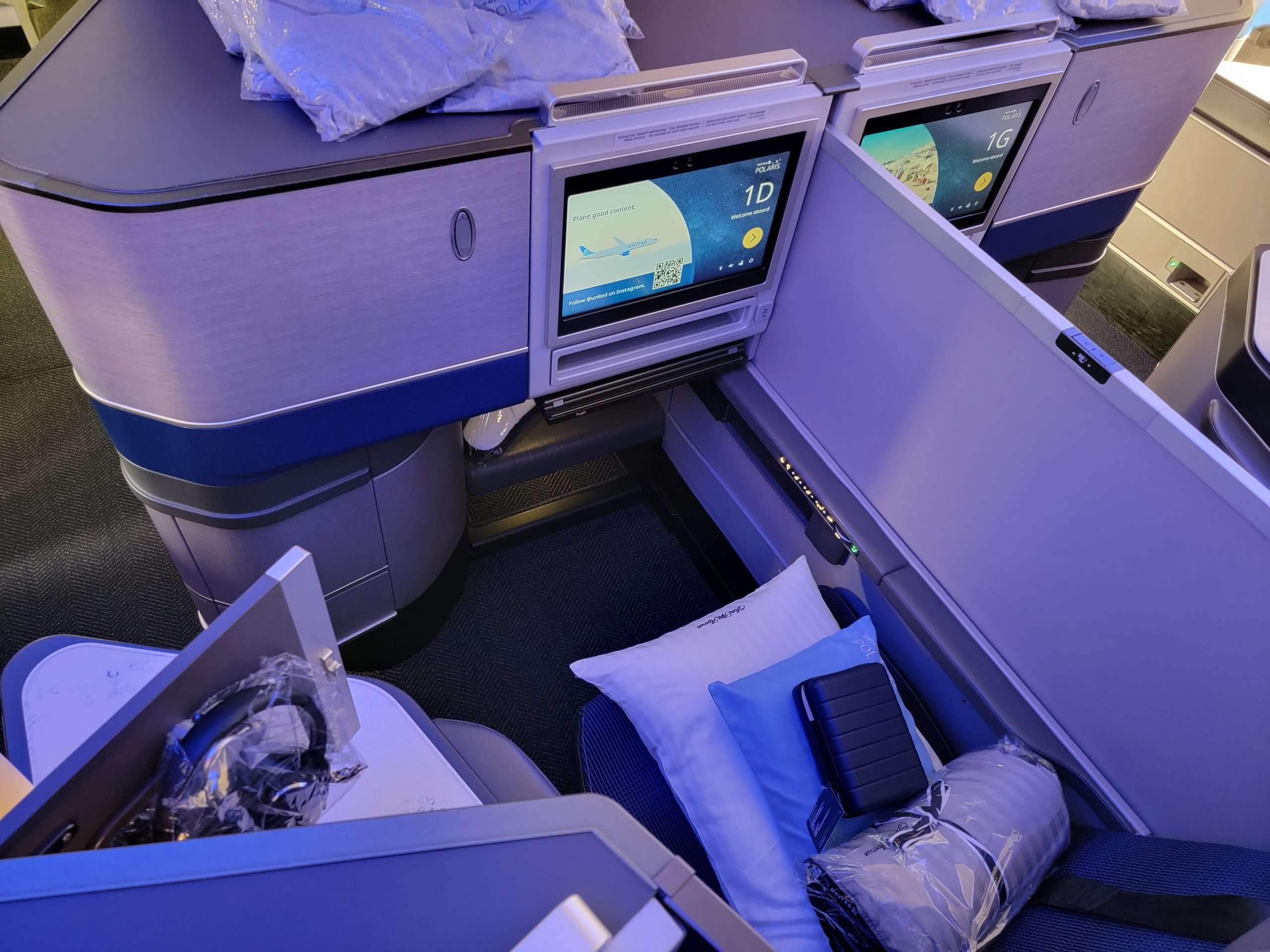










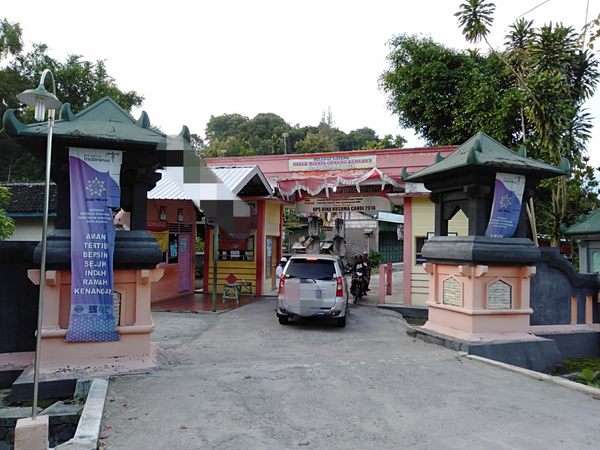


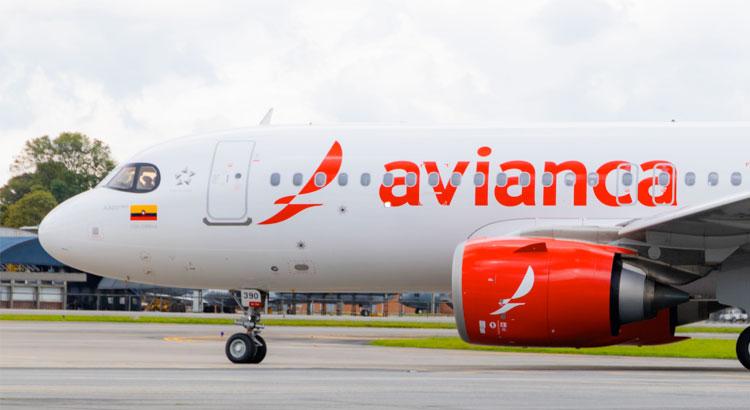







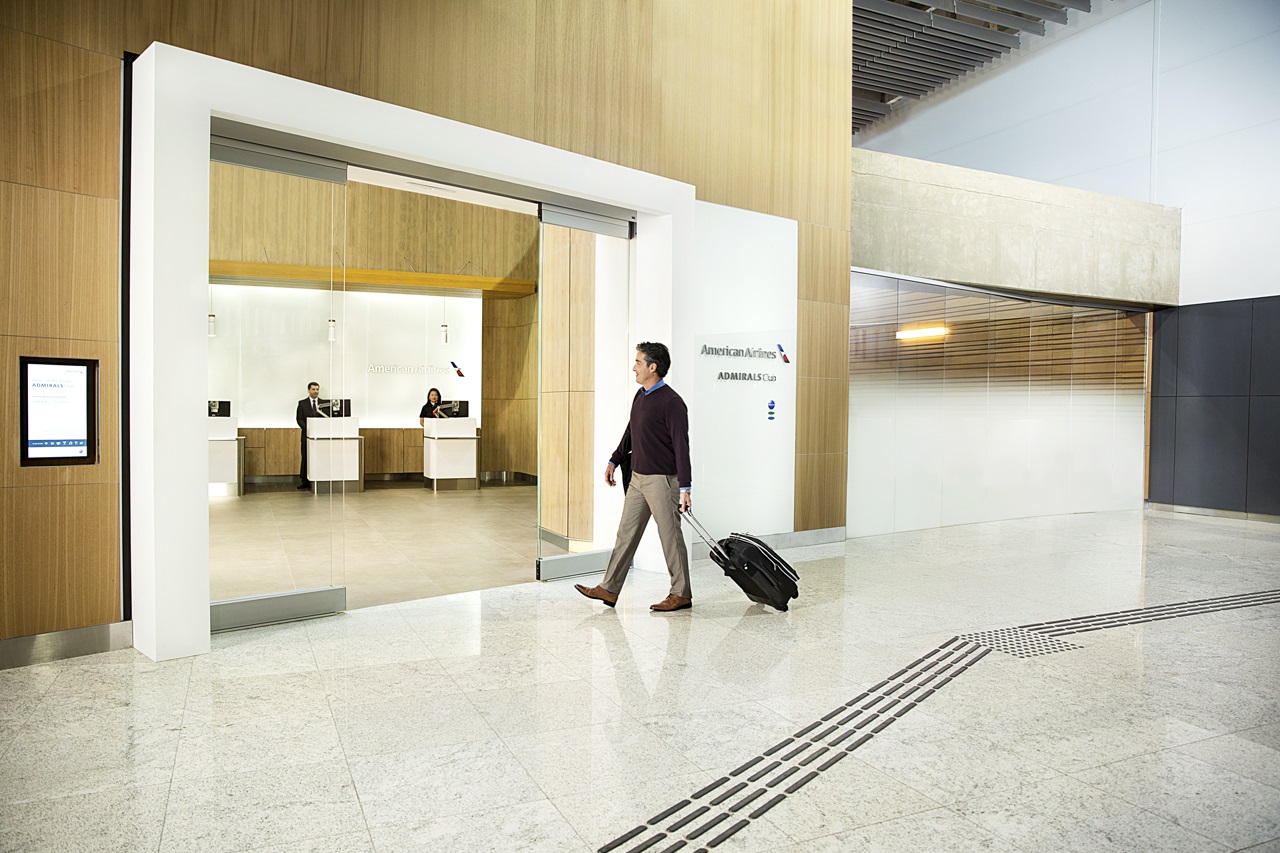

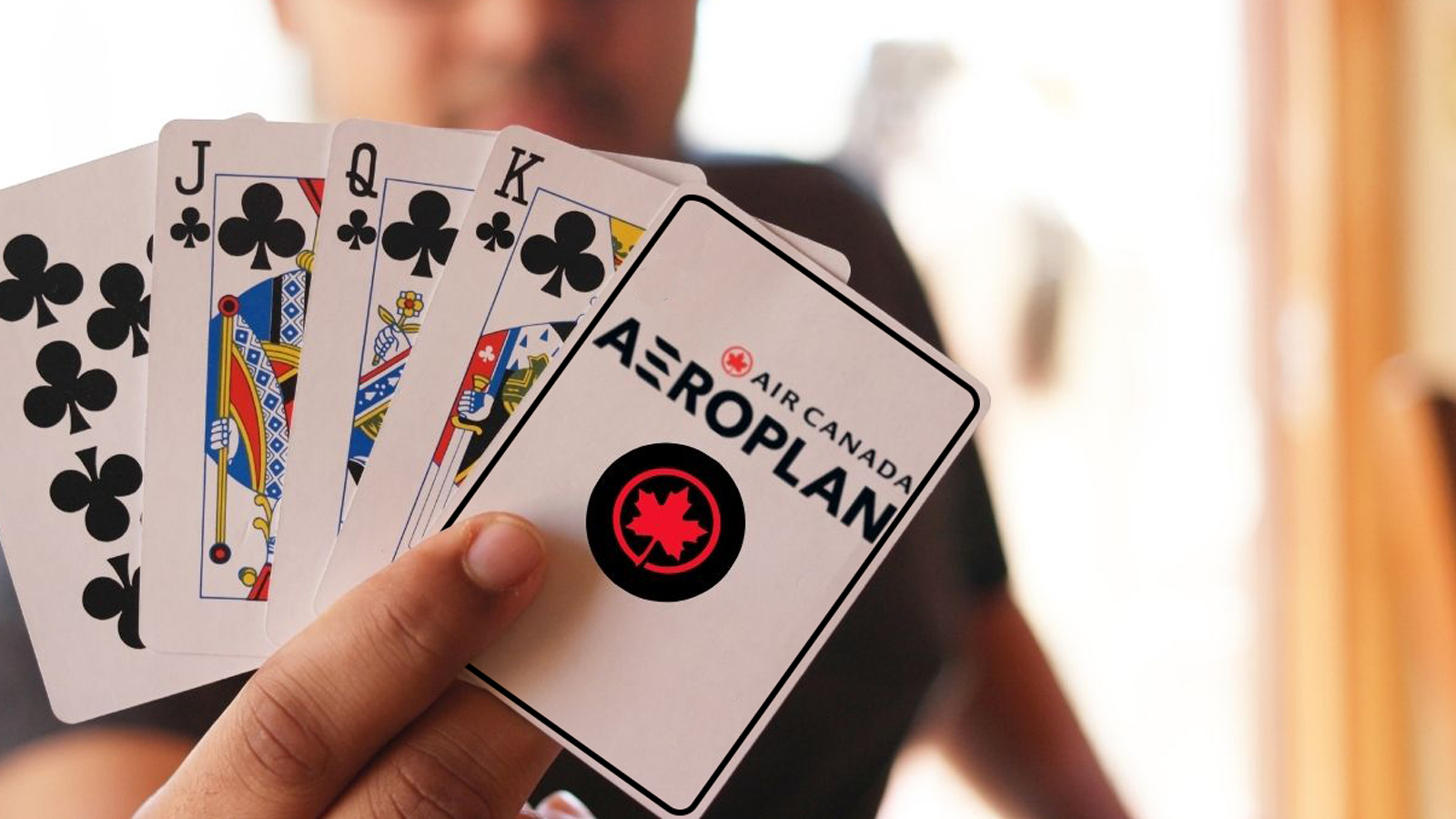










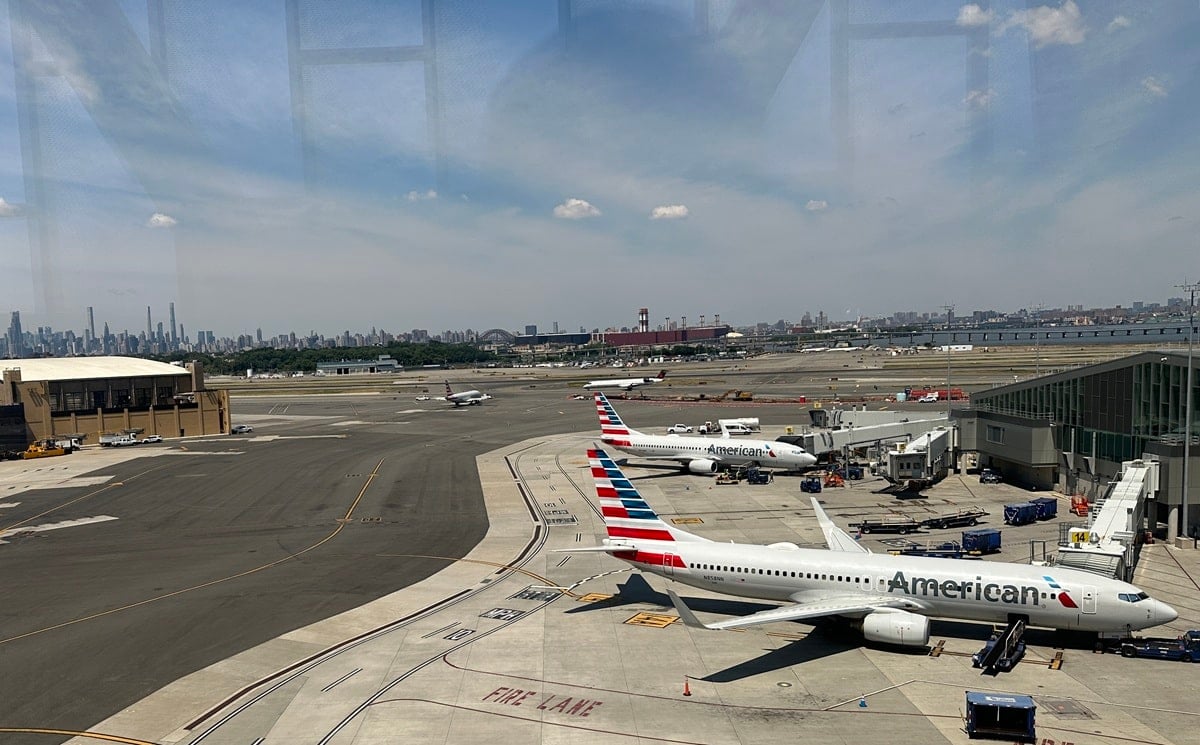
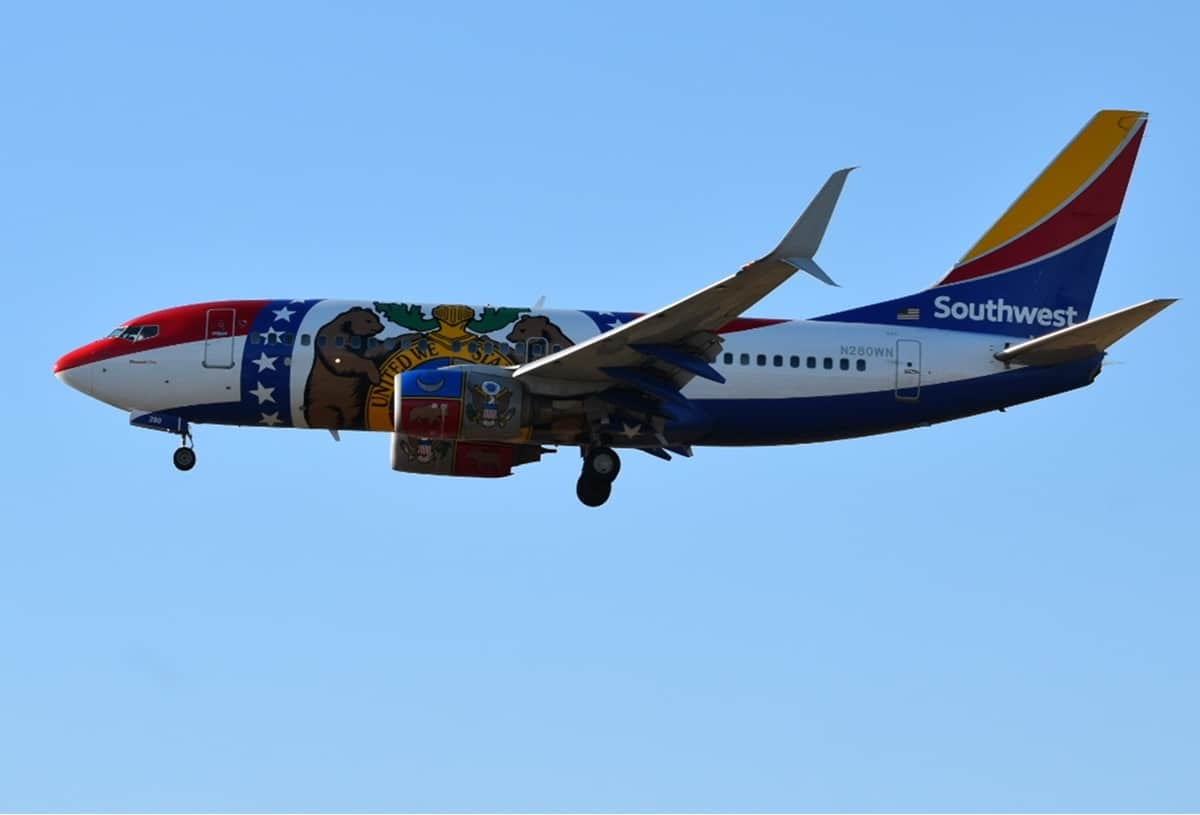

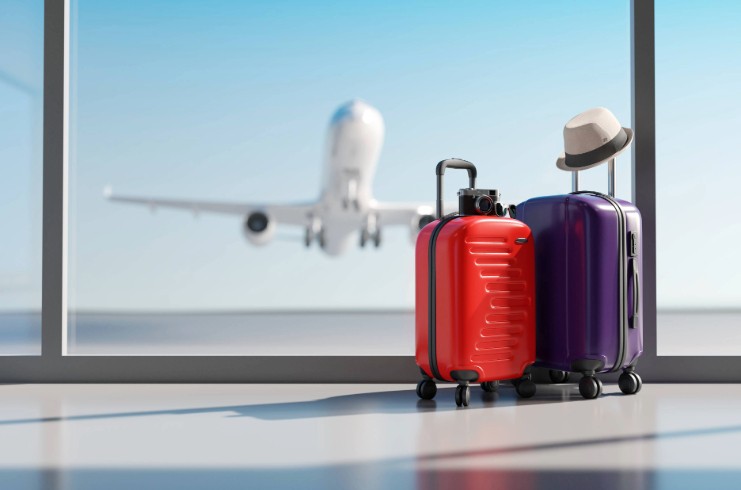

















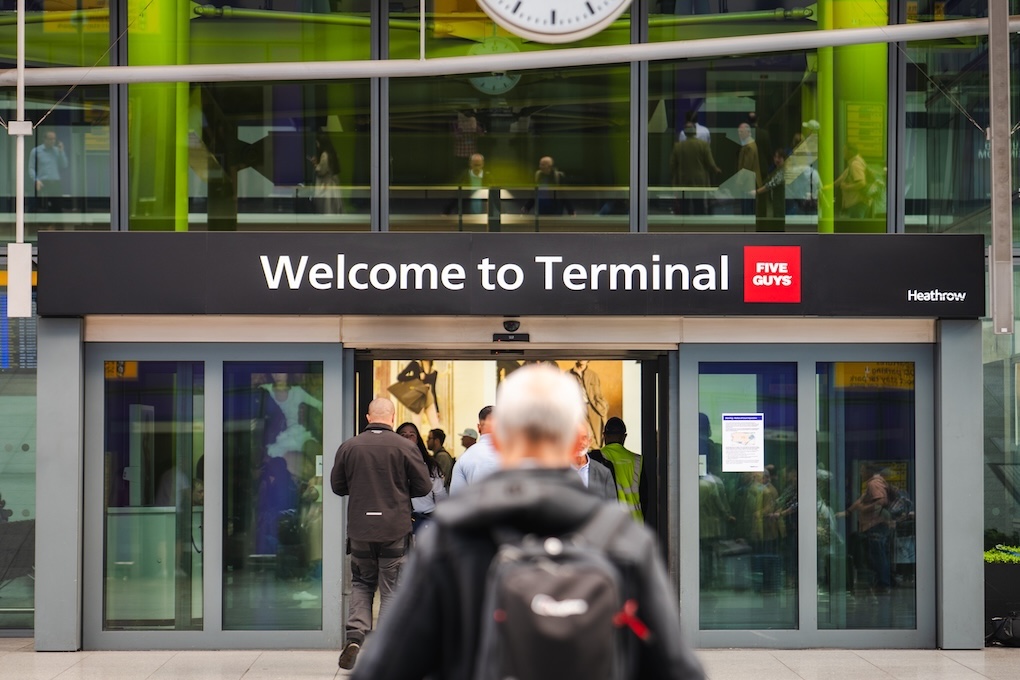





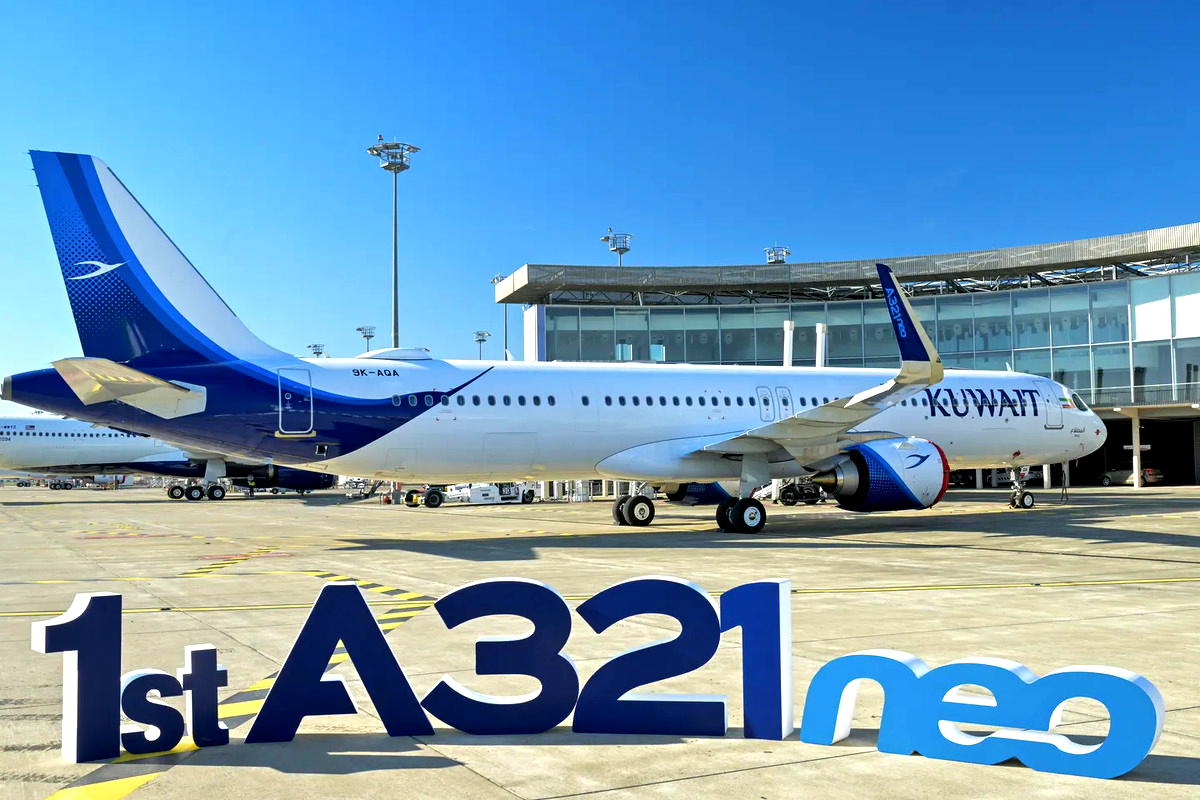

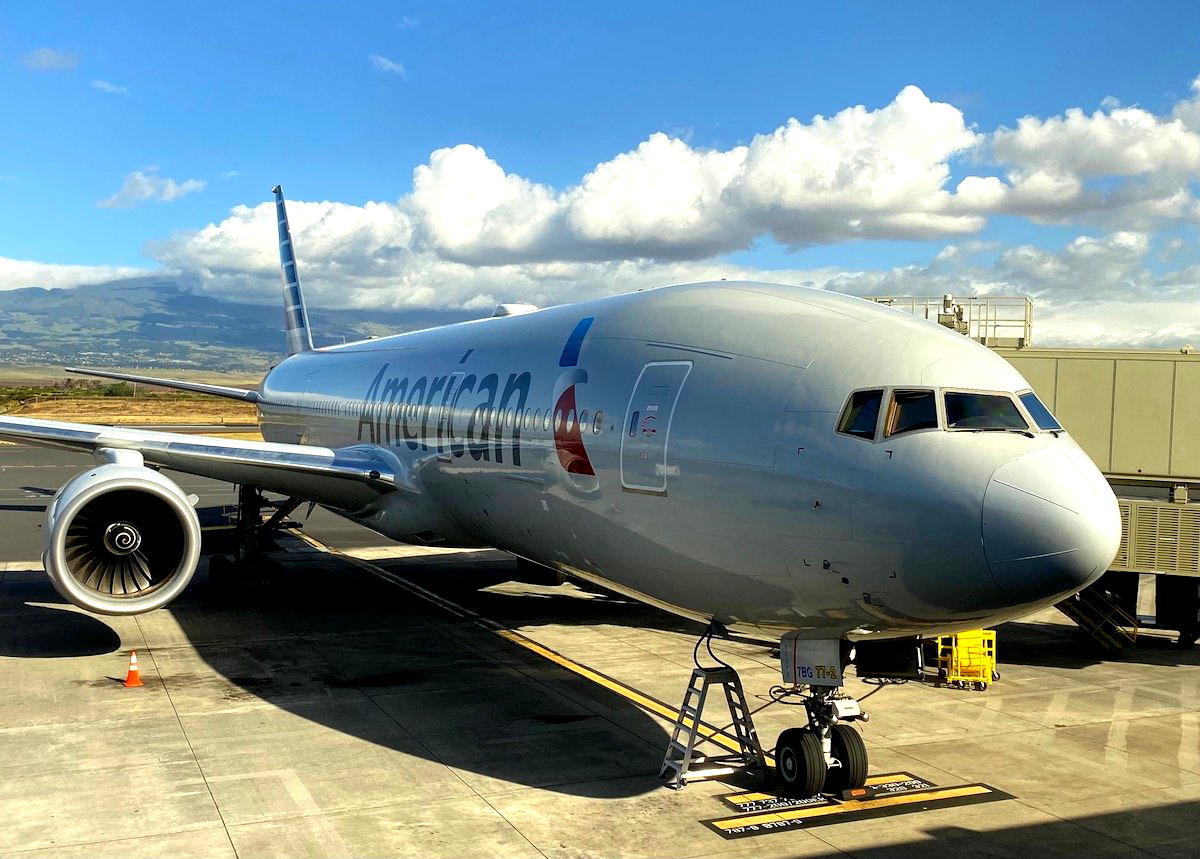


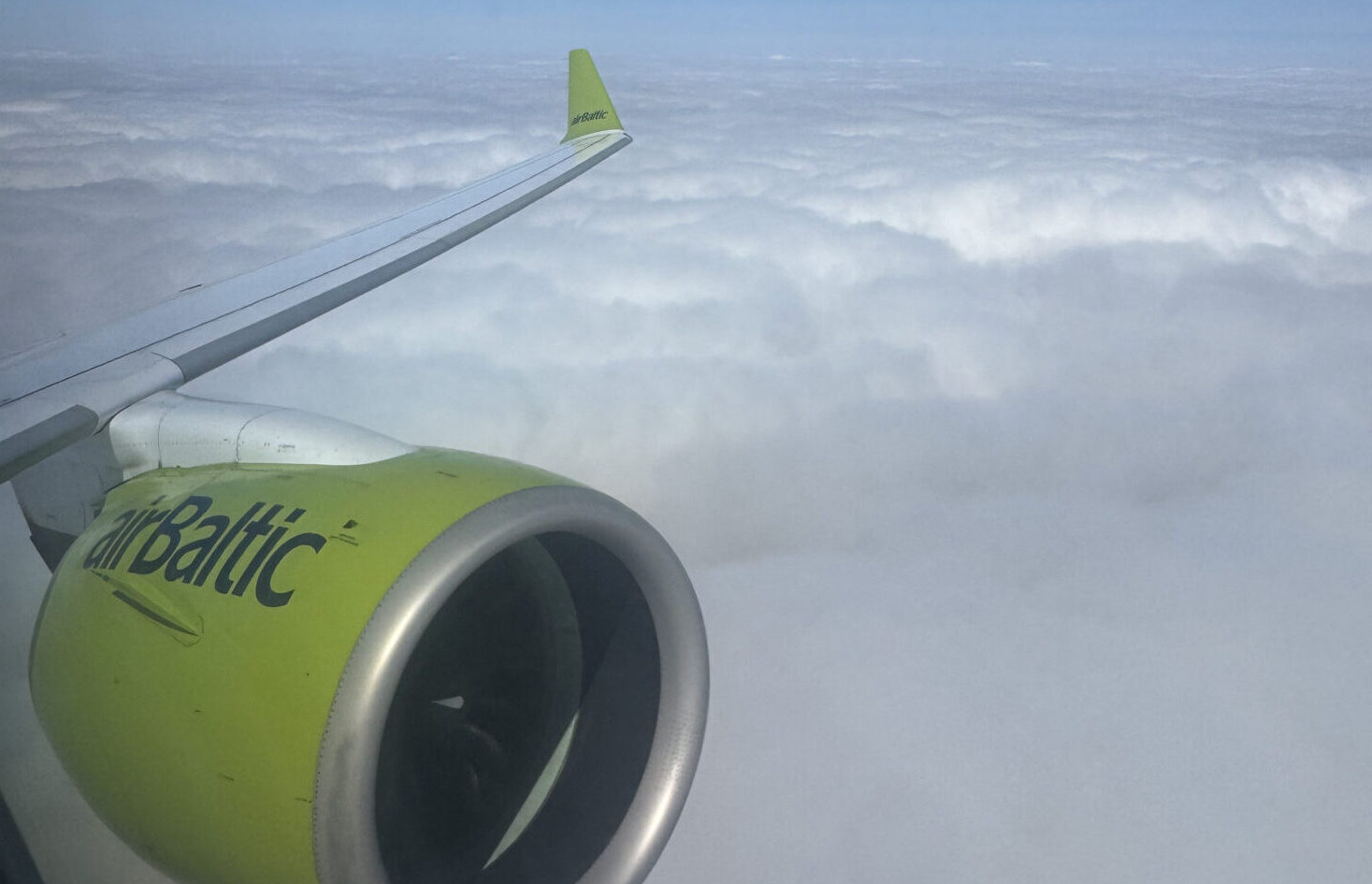
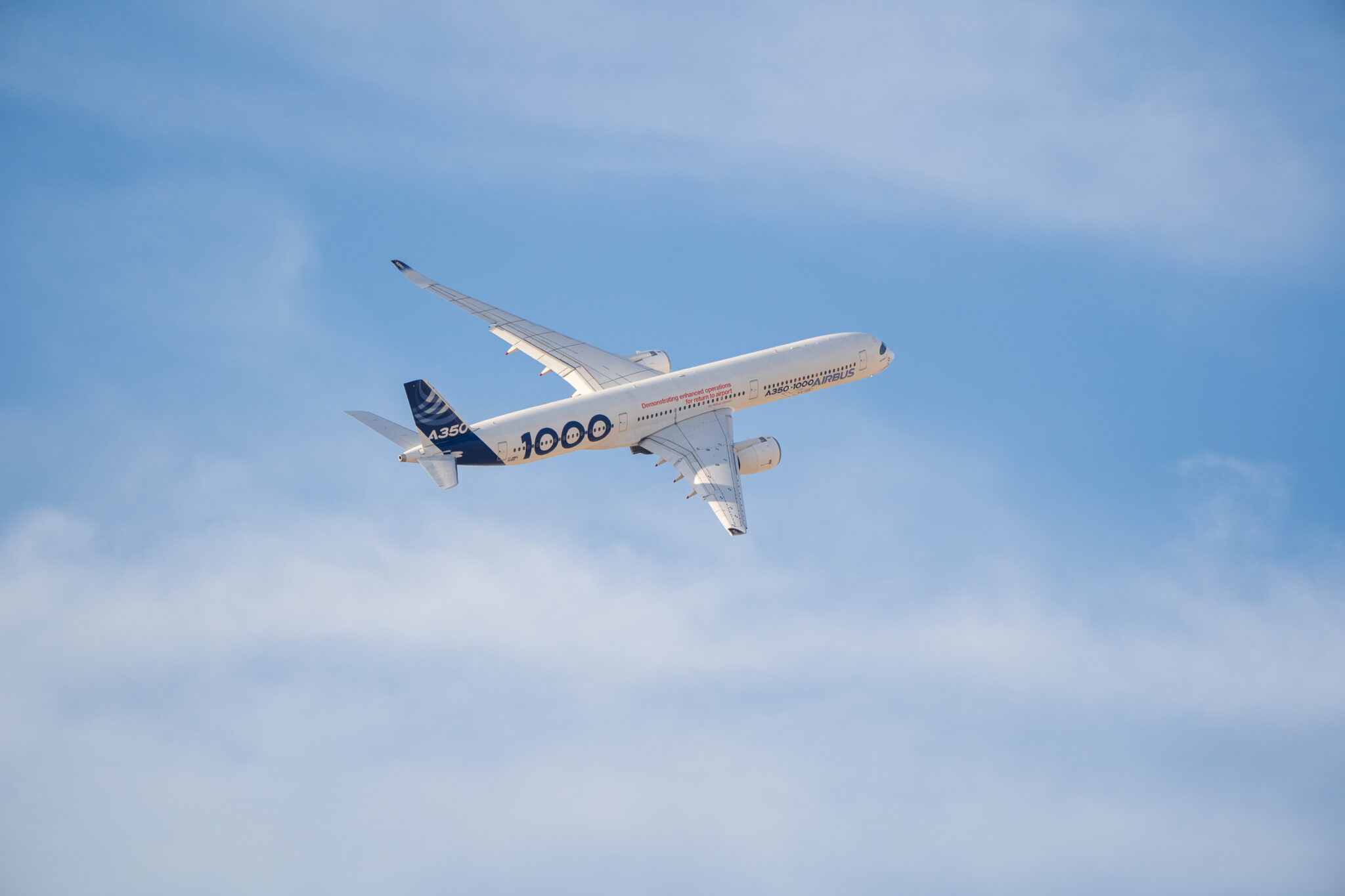























































.jpg?#)

.png?#)





























































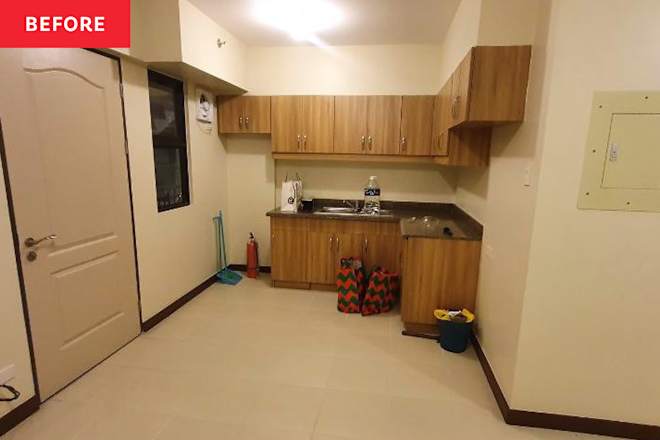







































































![[Podcast] Making Brands Relevant: How to Connect Culture, Creativity & Commerce with Cyril Louis](https://justcreative.com/wp-content/uploads/2025/05/cyril-lewis-podcast-29.png)















































































































